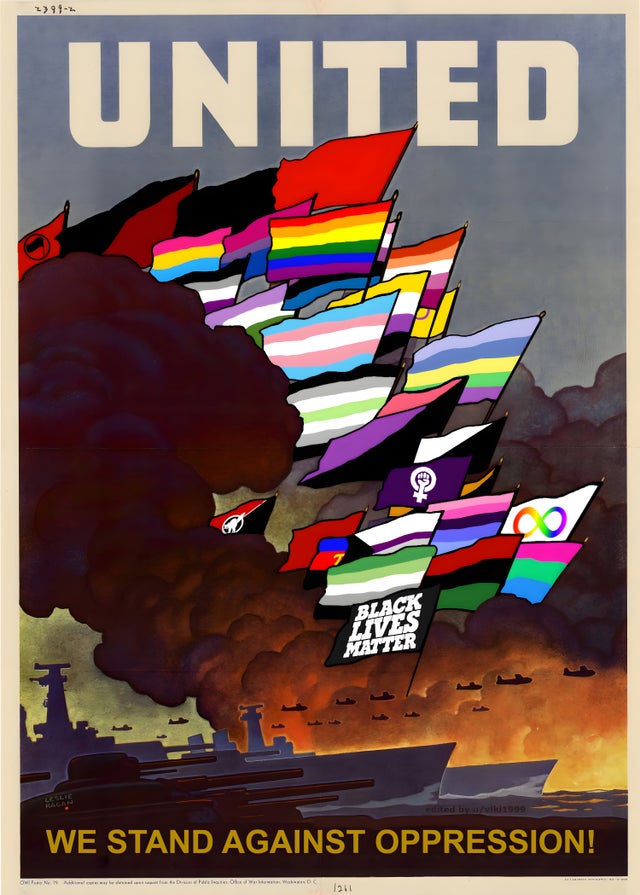Once you learn how to understand and apply historical materialism and break out of capitalist canards like the myth of barter, it becomes much easier to come up with the things that make societies feel evolving, nuanced, and alive: internal struggles, subcultures and countercultures, political movements, economic bases, social mores and customs. That, plus having a variety of real-world examples to draw from to avoid falling into the trap of capitalist realism.


Yeah you're right. I guess I mean outright ignoring one part is worse than not focusing on it. For example with language, you could just say there is a language but not actually flesh it out and translate things, or even just have a babel fish universal translator contrivance.
Although I was also thinking more like the Bangladeshi independence struggle, which was rooted in linguistic identity. It's one thing to never explain why the aliens in the MCU all know English, but entirely ignoring the role of language in human history seems flawed.
Especially since I consider language and culture in general as important to species-essence or human nature as much the ability to perform labor, so it should be present in the dialectic of history